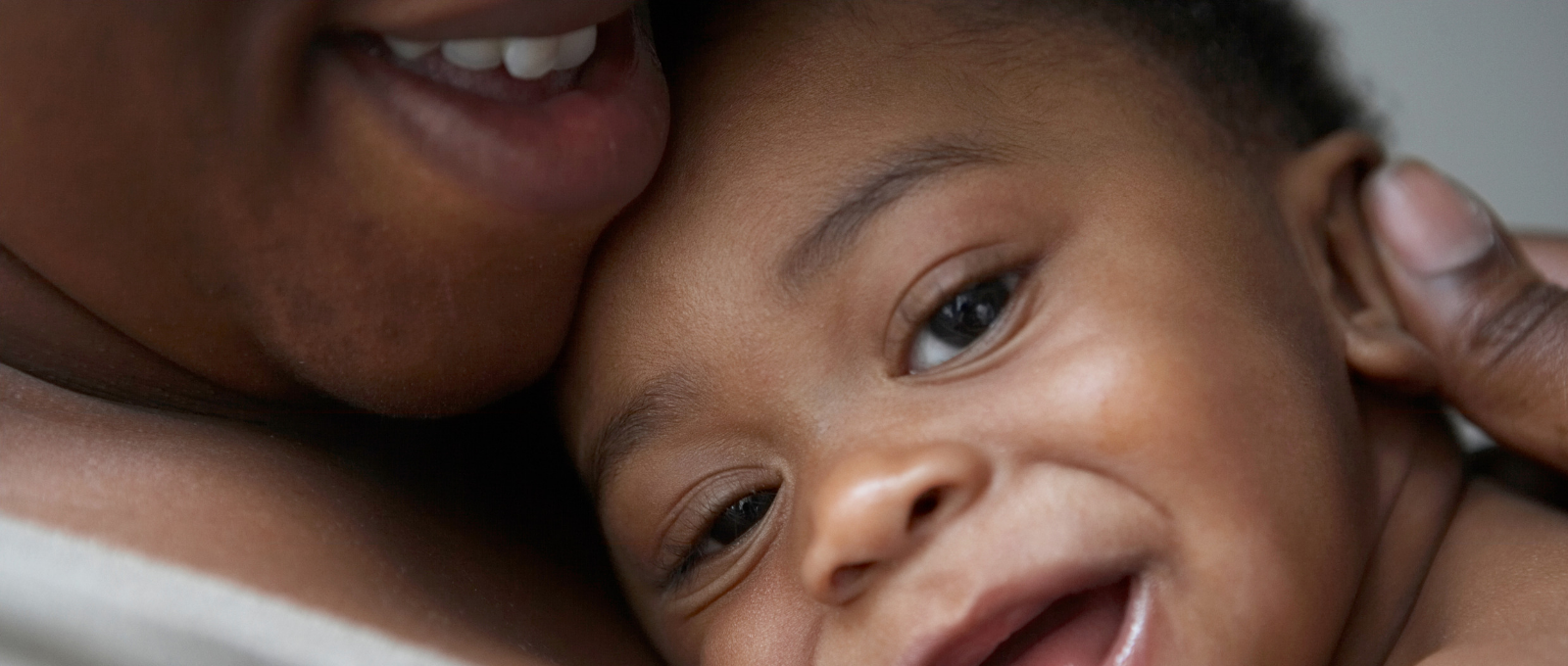Dr. Dave, I know that you do a lot of research on self-discipline and self reliance. I work with new parents and many are worried about “spoiling” their babies by responding immediately to their cries and picking them up. How should I respond?
Cheryl, Mississippi

Can you spoil a baby?
Anxious to get their kids off on the right foot, lots of parents want to focus on independence and self-discipline right away. This can easily lead to the idea that holding a baby too much or comforting him might spoil him.
Here’s how I responded to the caller:
“It sounds like you care a lot about your grandson and you can be rest assured that your daughter is doing a great job parenting him. While it might seem like responding to a baby would spoil him, the opposite is actually true! Holding babies, comforting them and interacting with them in the first year of life lays the foundation for the development of self-reliance and self-discipline later on.”
The caller sounded quite relieved as I went on to explain how this works. Babies are born wired for human connection and, like little scientists, they immediately start running thousands of experiments that help them understand the way the world works. How a baby’s parents respond to his cries of distress teach him important lessons that will shape his behavior later on. Among other things, they help him answer the questions: Is the world a safe place? Do people care about me?
Secure attachment
Responding to a baby’s coos and cries provides a critical sense of safety and security that will ultimately make the baby feel comfortable enough to venture out, explore and try things on his own later in life. Also, thousands of small caring interactions help solidify a secure connection between parent and baby. Child psychologists call this the “attachment relationship.” Research is clear that babies who experience secure attachment are more capable of empathy, are better listeners, and are better at communication later in life.
Secure attachment is also the foundation of self-discipline. Connecting with your baby in the first year of life helps you more successfully say “No” to your toddler or teen. The fortunate babies who have a secure connection with their parents will want to preserve that connection by maintaining their parents’ approval. If there is no connection early on, a young child may be less motivated to behave in line with his parents’ expectations and become angry and distrustful when his parents attempt to set limits and enforce consequences.
Laying the foundation for self-discipline
The building blocks for self-discipline and independence are laid in the first year of life. We lay this critical foundation by being present, attentive, attuned, and responsive to a baby’s needs. There will be plenty of opportunities as that baby gets older for a firm “No” and real limits and consequences. Until then, enjoy building solid and secure attachment in partnership with your baby.
Here are ten ways you can make sure that you are putting your baby on the path towards independence and self-discipline:
- Don’t ignore your baby’s cries. Respond to her cries of distress by trying to figure out what is wrong and soothing her.
- If you feel angry or upset at your baby, give her to another trusted adult or put her in a safe basinet or crib and walk into another room for a couple minutes to take some deep breaths
- Hold your baby while you are feeding her.
- Play with your baby and give her age-appropriate toys.
- Sing, talk, and read to your baby.
- Learn about your baby’s physical growth and development.
- Hold or “wear” your baby in a carrier or sling when it makes sense.
- Childproof your home.
- Limit the amount of time your baby spends in front of a TV or other electronic screen (aim for no time at all!).
- Try giving your baby a massage when she is quiet and alert.